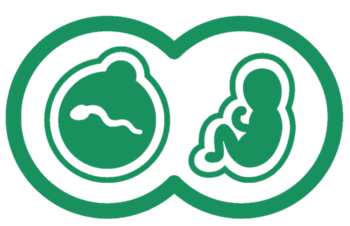Repronova public resources library
Translational reproductive medicine (translational fertility) is a subset of translational medicine that channels the basic science of experimental embryology, reproductive physiology, and genetics into the clinical and reproductive laboratory practice to improve the chance of pregnancy and delivery of a healthy child.

Translation fertility views the human embryo in the context of the entirety of its history and identifies entry points that may influence its probability to become a child.
This site is primarily focused on egg quality, its decline with age, and approaches to improve it: Term Oocyte Maturation and Term Stimulation™. It also covers some other areas of human reproduction, including a new theory of ovulation.
As is the case with every type of knowledge, translational fertility findings are not always confirmed by clinical practice. It is not uncommon that after a month (or a thousand years) the underlying basic science or its interpretations turn out to be wrong.
“It ain’t so much the things that people don’t know that makes trouble in this world, as it is the things that people know that ain’t so.” — Mark Twain. Or, perhaps, it was not Mark Twain

*Disclaimer: This site is for education purposes ONLY. It is not intended to provide medical advice. The information on this site is not designed to represent or promote any point of view, other than that of the author, who is not licensed to practice medicine in your jurisdiction.
